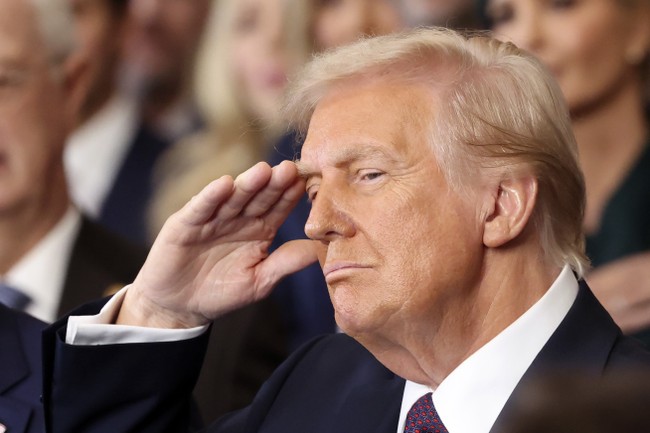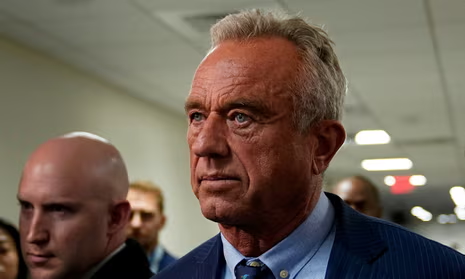President Trump is gearing up to withdraw the United States from the Paris Climate Accords once more, echoing his earlier stance that the accords were not in America’s best interest.
While the Paris Climate Accords are often touted as a legally binding international treaty on climate change, it’s essential to note that the United States was never officially bound by it. This is because the Senate, which must ratify treaties under the U.S. Constitution, never gave its nod.
Christian Talk Podcast
The Paris Climate Accords, according to the United Nations, are seen as a global effort to combat climate change. However, under U.S. law, any treaty requires the president’s negotiation followed by Senate ratification with a two-thirds majority vote.
This crucial step was sidestepped during President Obama’s tenure, as he unilaterally endorsed the accords in 2015, aware that Senate approval was unlikely. President Trump, staying true to his America First agenda, made a decisive move in 2017 by exiting the accords, emphasizing constitutional fidelity and questioning the previous administration’s overreach.
When President Biden took office in 2021, re-entering the Paris Climate Accords became a priority, aiming to renew the U.S. commitment to global environmental efforts. Yet, Trump’s latest decision to withdraw again underscores his consistent approach to international agreements that he perceives as disadvantageous to the U.S. economy and sovereignty.
Give Me Five News Podcast
This announcement sent ripples through media outlets, with some expressing concern about the U.S. distancing itself from global climate initiatives. However, Trump’s supporters see it as a reaffirmation of his pledge to prioritize American energy independence. The move aligns with his broader strategy to boost domestic energy production, lower costs, and reduce reliance on foreign energy sources.
Trump’s vision is clear: to harness America’s abundant natural resources to fuel economic growth and national prosperity. His administration believes that tapping into the country’s vast oil and gas reserves will not only lower energy costs but also position the U.S. as a leading energy exporter. This strategy is seen as a pathway to economic revitalization, ensuring the U.S. remains competitive on the global stage.
Critics often argue that Trump’s withdrawal from the Paris Climate Accords could hinder global efforts to mitigate climate change. However, Trump and his allies view these accords as flawed, arguing that they disproportionately burden the U.S. while giving major polluters like China a pass. Instead of adhering to international dictates, Trump advocates for homegrown solutions that prioritize American interests.
In his recent remarks, Trump reiterated his commitment to energy independence, declaring a National Energy Emergency. He emphasized the need to ramp up domestic production, bring down prices, and refill strategic reserves. This approach, he argues, will not only make America energy independent but also bolster its status as a manufacturing powerhouse.
Trump’s stance is grounded in the belief that energy independence is crucial for national security and economic stability. By reducing dependency on foreign oil, the U.S. can strengthen its geopolitical position and ensure that it remains a key player in the global energy market.
As for the Paris Climate Accords, Trump maintains that they are not the solution to the world’s climate challenges. His administration favors practical, market-driven approaches that encourage innovation and technological advancements to address environmental issues without stifling economic growth.
In the end, Trump’s decision to exit the Paris Climate Accords is consistent with his broader vision of putting America first. While critics may lament the move, his supporters see it as a necessary step to protect American interests and promote a robust, self-reliant economy. The focus remains on leveraging the nation’s rich energy resources to fuel prosperity and secure a brighter future for all Americans.




Climate lies that have been ignored by much of the world and cost the USA Billion$.
They have positioned America last and made the corrupt Globalist Establishment Elite richer.